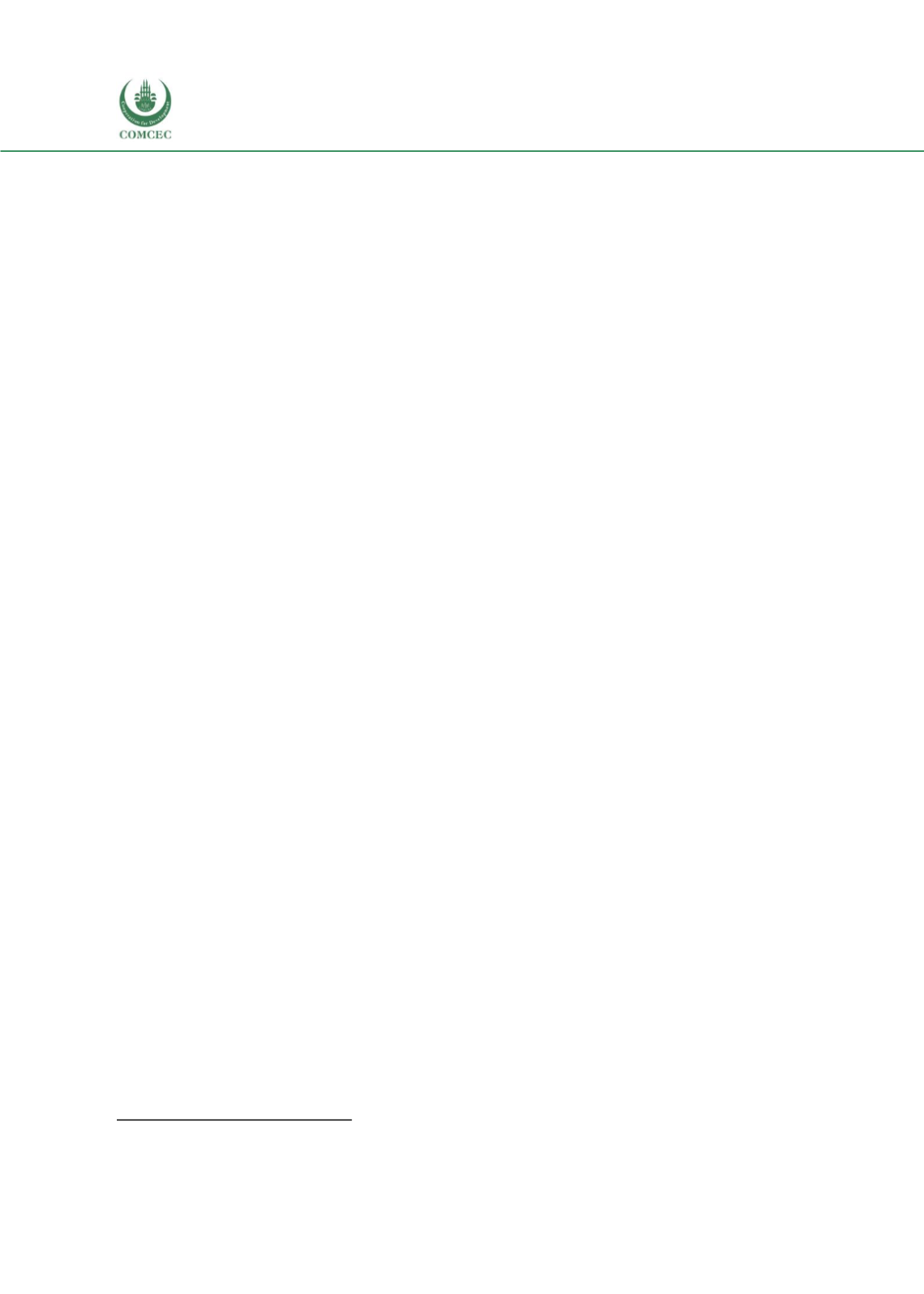

Increasing the Resilience of the Food Systems
In Islamic States in Face of Future Food Crises
110
Action Program 4.
Commission a study on the long-term supply and demand prospects
of major food commodities in the ASEAN, such as rice, corn, soybean, and sugar.
In addition, a number of NGOs play a significant role in reducing hunger in Indonesia. There are
many national and international NGOs, social foundations, and other forms of social institutions
that are actively engaged in improving social welfare. For instance, the Foodbank of Indonesia
(FOI) helps to reduce the food gap through the programs such as 1) food post, a program to
provide food for the elderly, sick, and the poor in urban areas; 2) interventions and nutrition for
early childhood and elementary school students; 3) a food intervention program for children;
and 4) a cooperation program with various parties (government, business, community, and
media) to help address food and nutrition problems. In addition, international organizations
such as the Red Cross havemobilized poverty and hunger aid funds along with other NGOs such
as World Vision, Oxfam, Save the Children, and UNICEF.
442
National NGOs, such as Badan Amil
Zakat Nasional (Baznas), and Aksi Cepat Tanggap (ACT), also collect and distribute Islamic social
finance (
zakat, infaq, sadaqa
) from affluent Muslims to the poor, including for food security
programs.
442
NGO Activiti
es http://lipi.go.id/publikasi/peran-internasional-dalam-penanggulangan-kemiskinan-di-indonesia-studi- kasus-aceh-nusa-tenggara-timur-dan-papua/14738















